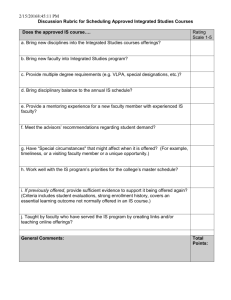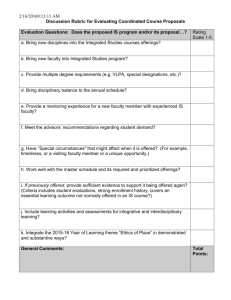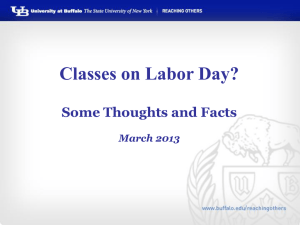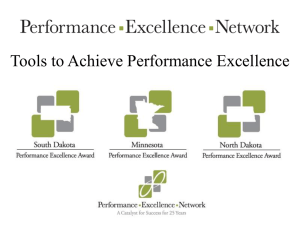Kay Ragan at Valley College
advertisement
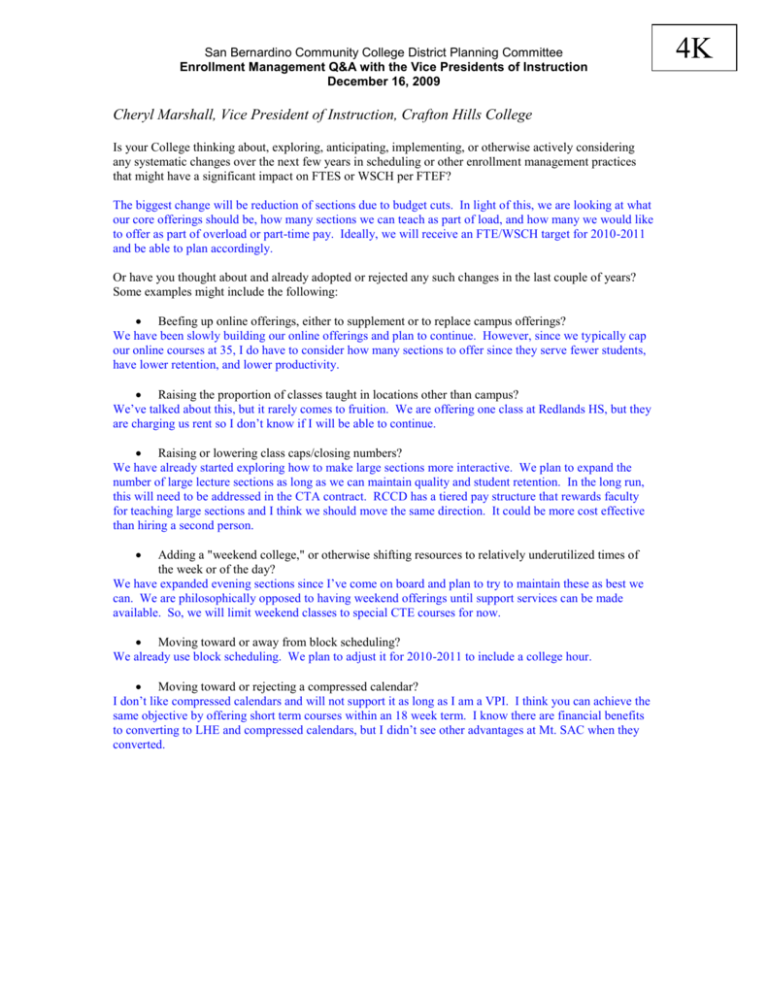
San Bernardino Community College District Planning Committee Enrollment Management Q&A with the Vice Presidents of Instruction December 16, 2009 Cheryl Marshall, Vice President of Instruction, Crafton Hills College Is your College thinking about, exploring, anticipating, implementing, or otherwise actively considering any systematic changes over the next few years in scheduling or other enrollment management practices that might have a significant impact on FTES or WSCH per FTEF? The biggest change will be reduction of sections due to budget cuts. In light of this, we are looking at what our core offerings should be, how many sections we can teach as part of load, and how many we would like to offer as part of overload or part-time pay. Ideally, we will receive an FTE/WSCH target for 2010-2011 and be able to plan accordingly. Or have you thought about and already adopted or rejected any such changes in the last couple of years? Some examples might include the following: Beefing up online offerings, either to supplement or to replace campus offerings? We have been slowly building our online offerings and plan to continue. However, since we typically cap our online courses at 35, I do have to consider how many sections to offer since they serve fewer students, have lower retention, and lower productivity. Raising the proportion of classes taught in locations other than campus? We’ve talked about this, but it rarely comes to fruition. We are offering one class at Redlands HS, but they are charging us rent so I don’t know if I will be able to continue. Raising or lowering class caps/closing numbers? We have already started exploring how to make large sections more interactive. We plan to expand the number of large lecture sections as long as we can maintain quality and student retention. In the long run, this will need to be addressed in the CTA contract. RCCD has a tiered pay structure that rewards faculty for teaching large sections and I think we should move the same direction. It could be more cost effective than hiring a second person. Adding a "weekend college," or otherwise shifting resources to relatively underutilized times of the week or of the day? We have expanded evening sections since I’ve come on board and plan to try to maintain these as best we can. We are philosophically opposed to having weekend offerings until support services can be made available. So, we will limit weekend classes to special CTE courses for now. Moving toward or away from block scheduling? We already use block scheduling. We plan to adjust it for 2010-2011 to include a college hour. Moving toward or rejecting a compressed calendar? I don’t like compressed calendars and will not support it as long as I am a VPI. I think you can achieve the same objective by offering short term courses within an 18 week term. I know there are financial benefits to converting to LHE and compressed calendars, but I didn’t see other advantages at Mt. SAC when they converted. 4K San Bernardino Community College District Planning Committee Enrollment Management Q&A with the Vice Presidents of Instruction December 16, 2009 Kay Ragan, Interim Vice President of Instruction, San Bernardino Valley College Is your College thinking about, exploring, anticipating, implementing, or otherwise actively considering any systematic changes over the next few years in scheduling or other enrollment management practices that might have a significant impact on FTES or WSCH per FTEF? Or have you thought about and already adopted or rejected any such changes in the last couple of years? Some examples might include the following: Beefing up online offerings, either to supplement or to replace campus offerings? We have added online offerings with each year. We have active co-chairs of the online committee committed to assisting faculty who want to teach online classes for the first time. In this period of reducing class offerings, the online classes have been used to replace fact to face classes. The concern is how to maintain quality and how to provide evaluation opportunities for students enrolled in the classes. We recognize that online classes often fill first, but that attrition is also greater. Raising the proportion of classes taught in locations other than campus? The Arrowhead community has been interested in our offering classes in their community, but that is not likely to occur in this current climate. We also believe online classes afford this community and others educational opportunities. Raising or lowering class caps/closing numbers? Some caps are negotiated by the union and others are limited by room sizes. We do not have plans to make any changes in this area. New classroom buildings have actually been designed for smaller numbers. Adding a "weekend college," or otherwise shifting resources to relatively underutilized times of the week or of the day? This issue has often been discussed. At one point we had cohorts of weekend students and that no longer exists. We are now looking at how many students are being served only by weekend classes. Friday night and Saturday classes often have the lowest enrollments. Moving toward or away from block scheduling? No plans in this area. Moving toward or rejecting a compressed calendar? No plans in this area. We have a limited number of programs that are planning for growth and one of those is Water Systems Technology. Several new classes were approved this semester and will be offered in the fall 2010. The challenge is how to be competitive with new offerings while being asked to cut classes. We also have a Green Task Force that is looking at the potential of new offerings as well as the infusion of “green” and “sustainability” in our current offerings. The real energetic are going after grants to supplement their offerings. Science and Math have led the way in this area and have been successful.
